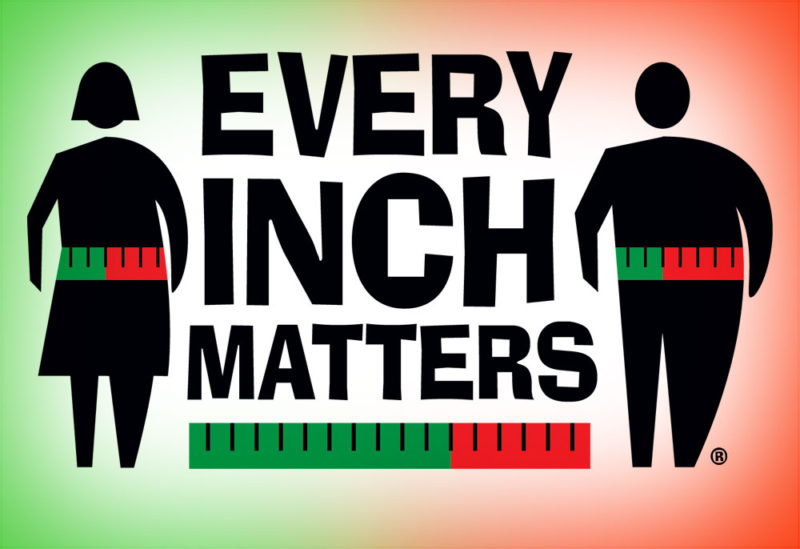
HEALTH RISKS RESULTING FROM LARGER WAISTLINES
Researchers continue to find evidence that a larger waistline is a predictor of poor health – especially poor heart health. However, it’s shocking how much a bigger waistline can affect your entire body’s health, literally from head to toe. If there’s one part of your body to focus on keeping in fighting shape, it’s your midsection. The following is a roundup of recent findings, all of which indicate the health risks associated with bigger waistlines:
Heart Failure
A bigger waistline is a setup for heart failure in midlife and beyond. Even when body mass index (BMI) is normal, a bigger waist can lead to poor heart health. The study showed that men with a normal BMI of 25 had a 16% increased risk of developing heart failure from a 3.94-inch increase in waist size. The study included 43,487 men aged 45 to 79. Add more body weight and the risk increases to 18%. Those are health risks associated with bigger waistlines we can live without.
Restless Leg Syndrome
Restless Leg Syndrome affects approximately 5% to 10% of the U.S. population with symptoms ranging from consistent discomfort to major problems sleeping. A study published in the April 7, 2009, print issue of Neurology, revealed that people with bigger waistlines are more likely to experience restless leg syndrome. Lack of sleep in turn leads to poor performance and an overall decrease in one’s quality of life. Some research also suggests that short sleep duration leads to more weight gain, further increasing the cascade of health risks associated with bigger waistlines.
Periodontal Disease
Another health risks associated with bigger waistlines are periodontal disease, which involves inflammation of the tissue around your teeth. Investigators from the Harvard School of Public health and the University of Puerto Rico report that men with waist circumference of 40 inches, compared to men with waist sizes less than 40 inches, had a 19% increased risk of periodontal disease. Periodontal disease is associated with increased risk of poor health from systemic inflammation that also increases heart disease and diabetes risk – and possibly cancer – again showing the link between health risks and bigger waists.
Decreased Lung Function
A bigger waistline leads to decreased lung function, regardless of smoking history, gender, BMI, or other complicating factors.
Migraine Headaches
Bigger waistlines also mean more chance of suffering from migraines, which becomes more common depending on the way your body fat is distributed. Bigger waist size, even without obesity, increased the risk of severe headache or migraine in a study of more than 22,000.